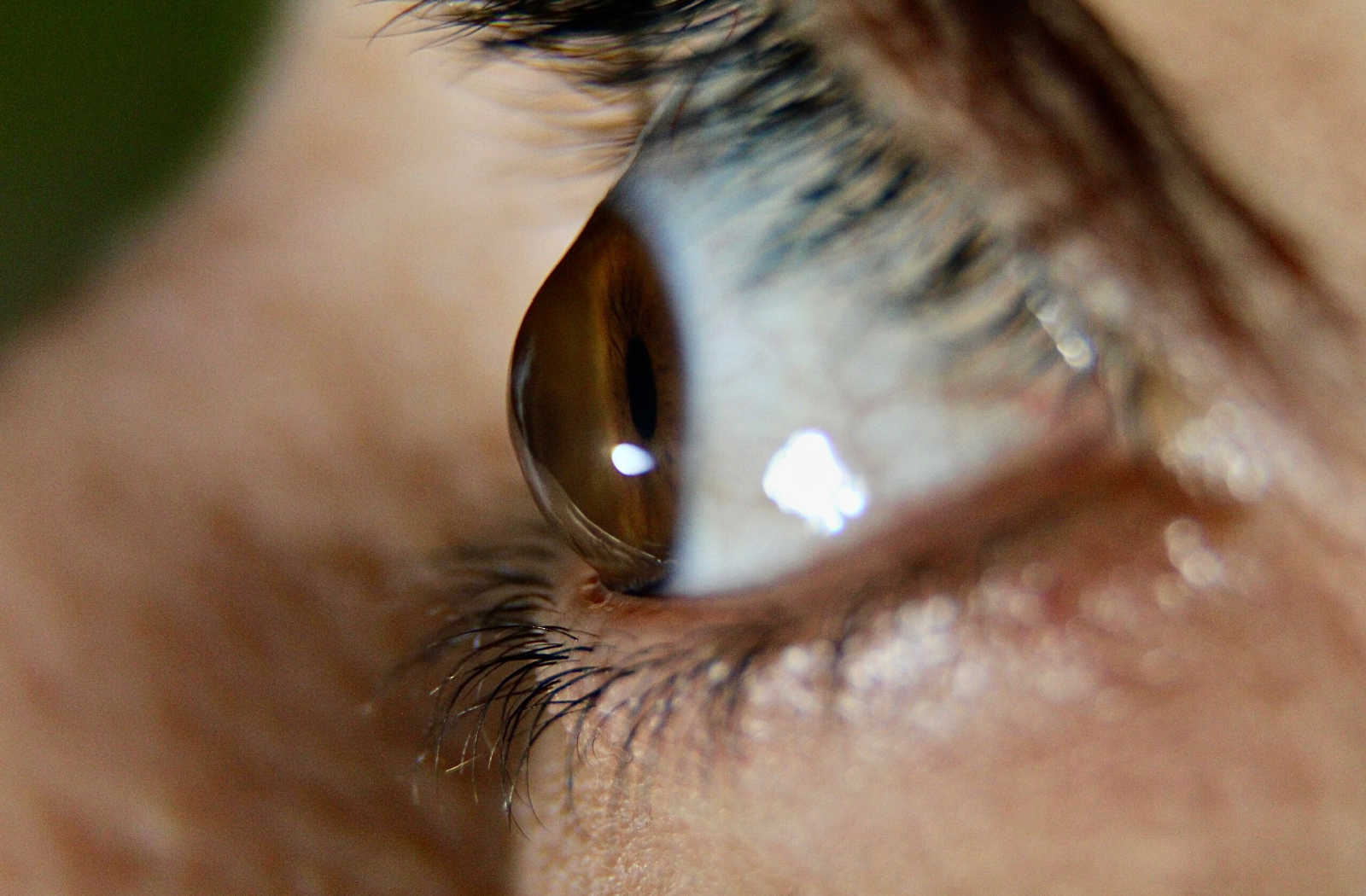All Categories
Featured

While most people understand the importance of safeguarding their skin from the sun, the damaging impacts of ultraviolet (UV) rays on eye wellness commonly go neglected. However, excessive exposure to UV radiation can lead to a variety of eye problems, a few of which can lead to permanent damage. Whether you're taking in the sun on a summertime day or walking outdoors on a cloudy mid-day, securing your eyes from UV rays is necessary. Below's what you need to learn about the effects of UV radiation on your eyes and just how to protect them.
What Are UV Rays? UV rays are a kind of electromagnetic radiation released by the sun. They are classified into three kinds:
UVA Rays: These penetrate deep right into the skin and eyes and can contribute to long-term damages. UVB Rays: These rays are extra extreme than UVA and are largely in charge of surface-level damage to the eyes and skin. UVC Rays: These are one of the most unsafe but are mostly soaked up by the Planet's ozone layer and don't typically reach us. UVA and UVB rays are the main offenders behind eye-related damage.
Short-Term Impacts of UV Exposure on the Eyes. Also temporary exposure to intense UV rays can harm your eyes. One common problem brought on by this is photokeratitis, or "sunburn of the eye." Signs of photokeratitis include:
Excruciating, red eyes. Level of sensitivity to light. Tearing or too much watering. Temporary vision loss or fuzzy vision. Photokeratitis is generally short-term, however it functions as a warning of just how destructive UV direct exposure can be, also in small dosages.
Long-Term Results of UV Direct Exposure. Prolonged exposure to UV radiation can lead to much more severe and irreversible eye conditions, such as:
Cataracts: UV rays can increase the development of cataracts, a condition that causes clouding of the eye's all-natural lens, leading to fuzzy vision and, if untreated, blindness.

Macular Deterioration: UV exposure can harm the retina, particularly the macula, boosting the danger of age-related macular deterioration (AMD), which impacts main vision.
Pterygium: A development of cells on the white component of the eye that can cross the cornea, causing pain, soreness, and vision problems.
Pinguecula: UV exposure can create yellowish deposits to create on the conjunctiva, bring about irritability and dryness.
Skin Cancer Around the Eyes: The delicate skin surrounding your eyes is highly vulnerable to UV radiation, raising the threat of skin cancers like basic cell cancer and squamous cell cancer.
Just How to Secure Your Eyes from UV Rays. Protecting your eyes from UV rays is simple and needs a few mindful practices:
Buy High Quality Sun glasses: Select sunglasses that block 100% of UVA and UVB rays. Seek labels that specify "UV 400" defense. Wrap-around designs are suitable as they obstruct UV rays from the sides also.
Put On a Wide-Brimmed Hat: A hat with a border at the very least three inches wide can substantially reduce UV exposure to your eyes and face.
Limitation Direct Exposure Throughout Peak Hours: UV rays are strongest between 10 a.m. and 4 p.m. If you need to be outdoors during these hours, make certain you're sufficiently secured.
Do Not Be Tricked by Clouds: UV rays can permeate via clouds, so it is very important to use sunglasses also on overcast days.
Secure Your Eyes Year-Round: Snow, sand, and water can reflect UV rays, increasing their impacts. Eye protection isn't just for warm summer days-- ensure you're covered in all periods.
Usage UV-Blocking Call Lenses: Several contact lenses currently include UV defense. If you use contacts, ask your optometrist about lenses with integrated UV filters for included protection.
Motivate Eye Security for Children: Children's eyes are more conscious UV rays due to the fact that their lenses are clearer, permitting more radiation to reach the retina. Ensure they use sunglasses and hats throughout outside activities.
Regular Eye Examinations. Routine exams with an eye treatment expert are vital for early discovery of any type of UV-related damages. An optometrist or eye doctor can examine your eyes, recommend protective procedures, and detect conditions like cataracts or macular degeneration beforehand.
Conclusion. UV rays pose a significant risk to eye wellness, and their effects can accumulate over time. Nonetheless, with the right preventative measures, you can lessen these threats and secure your vision. By wearing UV-blocking sunglasses, limiting sunlight direct exposure during peak hours, and staying constant with eye tests, you can guarantee your eyes remain healthy and your vision stays clear for many years to find. Securing your eyes from UV radiation isn't nearly comfort-- it's a vital action in preserving your lasting eye health and wellness.
Latest Posts
Reasons Consistent Vehicle Maintenance at Montclare Auto Repair Saves You Money
Explore Montclare Auto Repair’s Most Popular Car Care Solutions and Why Drivers Choose Them
Uncover the Greatest Auto Repair Coupons in Montclare, Chicago
More
Latest Posts
Reasons Consistent Vehicle Maintenance at Montclare Auto Repair Saves You Money
Explore Montclare Auto Repair’s Most Popular Car Care Solutions and Why Drivers Choose Them
Uncover the Greatest Auto Repair Coupons in Montclare, Chicago